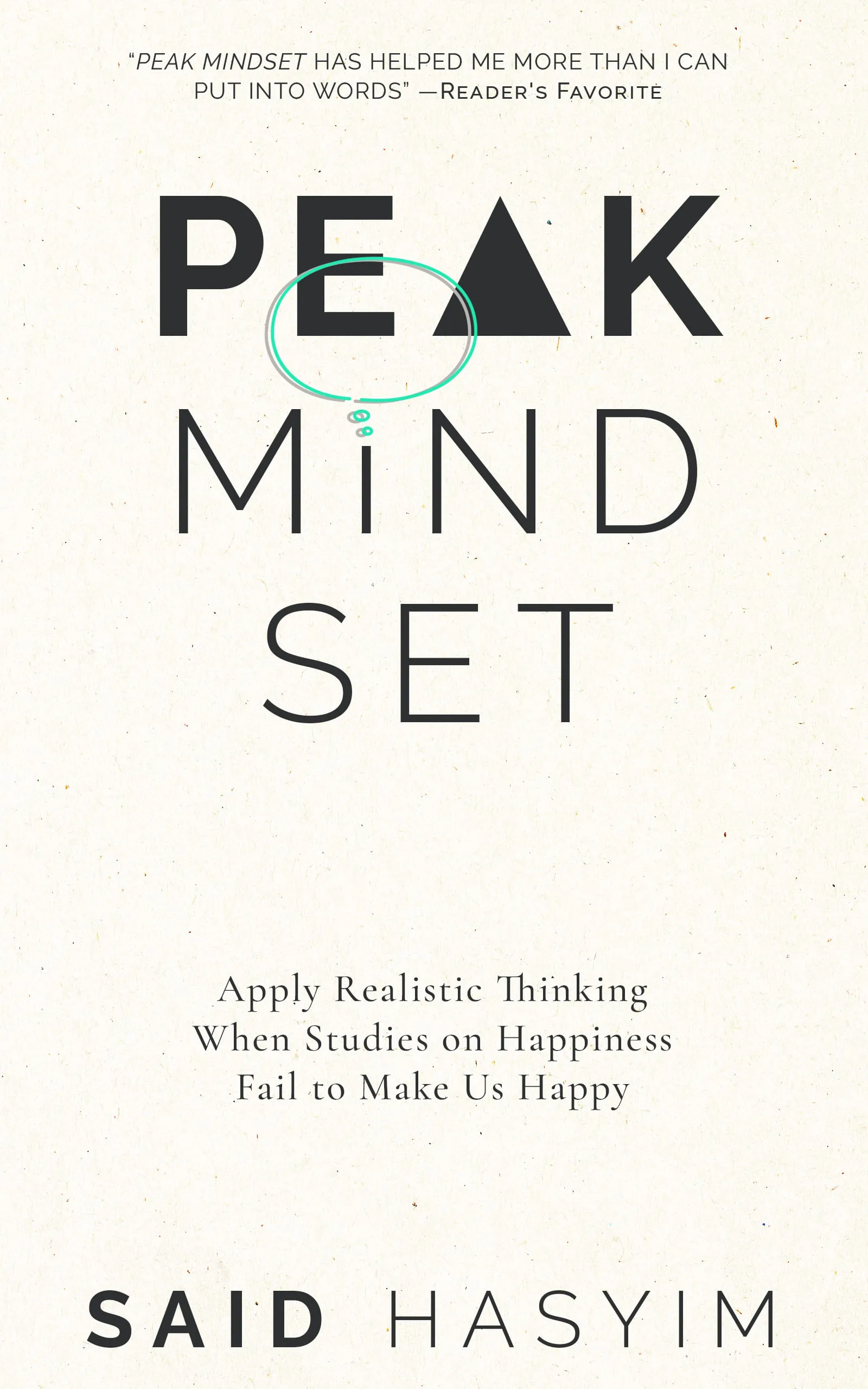Realism vs. Idealism: Choosing Your Happiness Path
In the pursuit of happiness, individuals often find themselves at a crossroads between two distinct philosophies: realism and idealism. Each perspective offers unique insights and approaches to life, influencing our decisions, relationships, and overall well-being. In this blog post, we will explore the key tenets of realism and idealism, their implications for happiness, and how one can navigate the balance between the two to forge a fulfilling path in life.
Understanding Realism
Realism is a philosophy rooted in practicality and a clear-eyed view of the world. It emphasizes understanding life as it is, rather than how we wish it to be. Realists tend to focus on:
Objective Reality: Realists strive to base their decisions on facts, evidence, and observable phenomena. They reject wishful thinking and focus on what is achievable.
Acceptance of Limitations: Realism embraces the idea that life has its challenges and uncertainties. Realists recognize their limitations and the limitations of others, understanding that these factors influence outcomes.
Pragmatism: Realists favor practical solutions that take into account the complexities of life. Their approach involves setting achievable goals and incrementally working towards them rather than dwelling on lofty ideals.
The Role of Realism in Happiness
Realism can significantly contribute to happiness in several ways:
Reduced Disappointment: By aligning expectations with reality, realists often experience less disappointment and frustration. They learn to appreciate the present moment rather than longing for a perfect future.
Resilience: Realists tend to develop a stronger resilience since they prepare for challenges and view setbacks as part of life’s journey. This adaptability enhances their overall well-being.
Clarity in Decision-Making: When faced with tough choices, realists weigh the pros and cons based on concrete information, leading to more informed, rational decisions that often yield better outcomes.
Exploring Idealism
Contrastingly, idealism is a philosophy that champions the pursuit of one’s highest ideals and aspirations. Idealists believe in the power of ideas and the potential for positive change, focusing on:
Vision and Aspirations: Idealists are dreamers who envision a better world and are driven by their passions. They often aspire to achieve grand goals that resonate with their fundamental beliefs.
Hope and Optimism: Idealism nurtures a spirit of hope, emphasizing that individuals can make a difference, not just in their lives but within society as well. This hopeful outlook can ignite motivation and the drive to pursue meaningful objectives.
Moral Standards: Idealists typically maintain higher moral and ethical standards, striving for a sense of purpose that transcends immediate concerns and personal fulfillment.
The Role of Idealism in Happiness
Realizing happiness through an idealistic lens can lead to various positive outcomes:
Inspiration and Motivation: Idealists are often propelled by their vision, which can serve as a profound source of motivation. They believe in the possibilities of life and are often energized by their ambitions.
Meaning and Purpose: By aligning their actions with their values, idealists often find a sense of purpose that leads to deep satisfaction. This alignment fosters a fulfillment that transcends material or temporal success.
Positive Change: Idealistic individuals are often at the forefront of social change and innovation. Their beliefs can inspire others, creating a ripple effect that contributes to a more compassionate world.
Finding Balance: An Integrative Approach
While realism and idealism may seem opposing, a balanced approach can offer a deeper pathway to happiness. Here are some strategies to integrate the two philosophies effectively:
1. Set Realistic Goals with Aspirational Frameworks
Recognize the importance of dreaming big while ensuring your goals remain achievable. Use your idealistic visions as motivational beacons but ground your action plans in reality. Break down your larger aspirations into smaller, realistic steps.
2. Practice Gratitude While Aiming High
Embrace the present moment as you pursue your ideals. Practicing gratitude can enhance your happiness by reminding you of what you already have. Idealistic visions should serve as inspiration without overshadowing current blessings.
3. Cultivate Resilience with Optimism
Develop resilience while maintaining a positive outlook. Accept challenges as opportunities for growth while holding onto the belief that positive outcomes are achievable. This balance can fortify your mental and emotional well-being.
4. Reflect and Adapt
Regularly reflect on your experiences, actions, and choices. Are you leaning too heavily towards one philosophy? Adapt your approach based on what brings you joy and fulfillment in the moment.
Conclusion
Choosing your path to happiness is a deeply personal journey influenced by your beliefs, experiences, and aspirations. While realism offers a foundation of practicality and acceptance, idealism ignites passion and motivates us to aspire for a greater existence. By unfolding the dynamic interplay between the two, you can carve a unique path that honors both your dreams and the realities of life.
In this complex world, the beauty lies in understanding that balancing between realism and idealism doesn't mean abandoning your dreams for the sake of reality or vice versa. Instead, it’s about forging a holistic pathway that embraces both the journey and the destination, allowing you to cultivate a life rich with purpose, resilience, and fulfillment. As you tread your unique path, remember: happiness is not merely a destination but a process of evolving, adapting, and embracing both the dreamers and the doers within you.
Leverage Your Mindset for a Fulfilling Life
Explore Peak Mindset, a book to leveraging your subconscious for a more fulfilling life. Gain insights into realistic thinking, money management, and stress resilience to make informed decisions. Discover pitfalls in conventional happiness advice and practical strategies for self-transformation. Unlock your potential and enhance your overall satisfaction.
